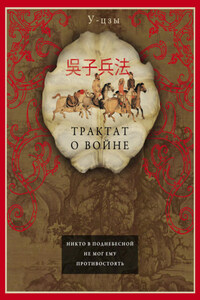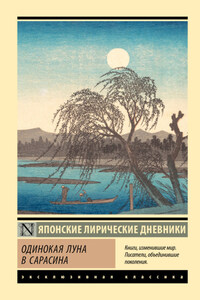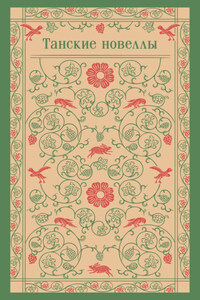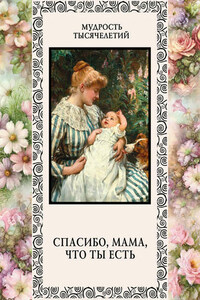THE very flattering encouragement the Public have been pleased to give "The Looking-glass for the Mind, or Intellectual Mirror," has invited the Editor of that work to intrude once more on their indulgence. As a general preceptor, he wishes to be useful to the rising generation, and with that view recommends to their serious perusal "The Blossoms of Morality."
The Looking-glass is a very free translation of some of the most interesting tales of Mons. Berquin, and other foreign writers, whose works in the juvenile line undoubtedly merit the highest encomiums, and claim the most extensive patronage of their fellow-citizens. It certainly must be allowed, that great merit is due to those foreign celebrated writers, who, after studying the higher branches of literature, instead of attempting to acquire honour and fame by delivering lectures on the abstruse sciences, have condescended to humble themselves to the plain language of youth, in order to teach them wisdom, virtue, and morality.
With respect to the present work, though we have not so largely borrowed from foreign writers, yet we have endeavoured to supply that deficiency by the introduction of original matter. The juvenile mind very early begins to enlarge and expand, and is capable of reflection much sooner than we are generally apt to imagine.
From these considerations, we have carried our ideas in this volume one step higher than in the last: and, though we have given many tales that may contribute to amuse the youthful mind, yet we have occasionally introduced subjects which, we hope, will not fail to exercise their judgment, improve their morals, and give them some knowledge of the world.
For instance: in the History of Ernestus and Fragilis, which is the first, and one of the original pieces inserted in this volume, the youthful reader is led to reflect on the instability of all human affairs; he is taught to be neither insolent in prosperity nor mean in adversity; but is shown how necessary it is to preserve an equality of temper through all the varying stages of fortune. He is also shown, how dangerous are the indulgences of parents, who suffer children to give themselves up to indolence and luxury, which generally, as in this history, terminate in a manner fatal to all the parties concerned.
May these Blossoms of Morality, in due time, ripen to maturity, and produce fruit that may be pleasing to the youthful taste, tend to correct the passions, invigorate the mental faculties, and confirm in their hearts true and solid sentiments of virtue, wisdom, and glory.
THE faint glimmerings of the pale-faced moon on the troubled billows of the ocean are not so fleeting and inconstant as the fortune and condition of human life. We one day bask in the sunshine of prosperity, and the next, too often, roll in anguish on the thorny bed of adversity and affliction. To be neither too fond of prosperity, nor too much afraid of adversity, is one of the most useful lessons we have to learn and practise in the extensive commerce of this world. Happy is the youth whose parents are guided by these principles, who govern their children as good princes should their subjects, neither to load them with the chains of tyranny, nor suffer them to run into the excesses of dissipation and licentiousness. The following History of Ernestus and Fragilis is founded upon these general principles.
Ernestus and Fragilis were both the children of Fortune, but rocked in two different cradles. Philosophy and Prudence were the nurses of the first, and Vanity and Folly lulled the second to his repose. Ernestus was early used to experience the various changes of the air, and accustomed to a regular diet; while Fragilis was treated in a very different manner, being kept in a room where, it was supposed, no rude wind could intrude itself; and hurtful delicacies were given him, under the idle notion, that strength is to be acquired in proportion to the dainties and excesses of our meals.
Hence it is no wonder if, after a few years had strengthened their limbs and mental faculties, that there appeared an indisputable difference between the two youths.
Ernestus was all life and gaiety, and soon showed a propensity to be at the head of all kinds of mischief. Though this disposition often got him into disgrace with his parents, yet he always showed much contrition and sorrow when he really found he had injured any one, and seldom slept after the commission of a boyish crime till he had made ample amends to the party injured.
Fragilis had very different passions, and very contrary notions of things. Being accustomed to be indulged with whatever he cried for, his ideas soon wandered from real to imaginary wants, and as these could not possibly be gratified, he naturally became peevish, fretful, and ill-natured. Whenever the mind is affected, the body must partake of the shock it occasions. Fragilis was weak, rickety, and feeble; and the remedies they applied to relieve him only contributed to increase the evil.









